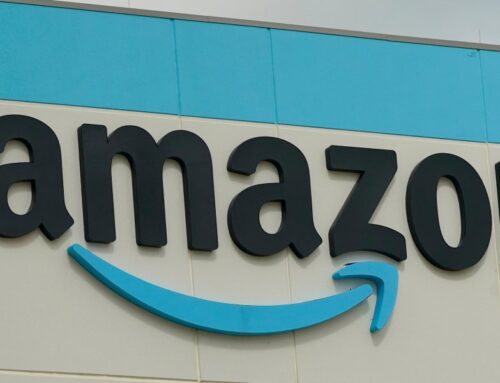Meta signs deal for two solar farms in rural Louisiana. Its massive data center is the rea
November 7, 2025
Meta, the parent company of Facebook and Instagram, has signed a deal with a developer for two large-scale solar farms in rural Louisiana, projects tied to the tech giant’s construction of its largest data center yet in the state’s northeast.
The 385-megawatt projects, with developer Treaty Oaks, will generate enough power for around 80,000 homes. Meta will purchase the solar energy generated at the two sites in Morehouse and Sabine Parishes.
The clean energy will flow directly to the region’s grid, helping Meta offset a small portion of the emissions from the three gas-fired electricity plants being built for its $27 billion AI data center in Richland Parish. The data center needs at least 2600 megawatts.
Mark Zuckerberg, Meta’s founder, said in July that he planned to expand the massive data center — originally planned to sit on land the size of 70 football fields — to a footprint rivaling Manhattan, though some have cast doubt on if that could be possible.
Meta’s data center will need roughly three times the amount of electricity that the city of New Orleans uses in a year and increase Entergy’s electric needs in the state by around 30%. Future expansions could ratchet up these figures much higher.
“When we announced our AI data center in Richland Parish, Louisiana, last year we committed to working with our partners to bring new energy to the grid – and this agreement with Treaty Oak does just that, while also helping match our operations with clean energy while contributing to local energy resilience and economic growth across Louisiana,” Urvi Parekh, Meta’s head of global energy, said in a statement.
Meta is also planning to bring an additional 1500 MW of renewable energy to the grid through its contract with Entergy, the state’s largest utility. The agreement with Treaty Oak and another with a company for a solar farm in Ouachita Parish are separate from the Entergy process, said Meta spokesperson Ashley Settle.
The Treaty Oak solar farms are expected to break ground before the end of the year, said Chris Elrod, CEO of the Austin-based company. The “Hollis Creek” project in Sabine Parish will sit on 2,300 acres of former timberland, and the “Beekman” project in Morehouse Parish will sit on 1,600 acres.
Elrod said the company intentionally set out to develop in Louisiana because of growth in the state’s digital infrastructure, such as data centers, and manufacturing industries.
“It’s a major milestone for our company and we’re looking forward frankly to doing a lot more in the state of Louisiana,” Elrod said.
‘Lost a lot of our tax base’
The solar developer entered into a 15-year agreement with Meta, the same length of time as the tech company’s contract with Entergy. Treaty Oak has completed all of the permitting and authorizations needed in both parishes, Elrod said, as well as tax abatement agreements in the form of payment-in-lieu-of-taxes, or PILOTs.
The projects are expected to generate over $100 million in state and local tax revenue and bring 300 jobs during the height of construction, according to Treaty Oak. The developer also has Louisiana projects in Vernon and Rapides Parishes, Elrod said.
The 185 MW solar farm in Morehouse Parish, expected to come online in 2027, is the third large-scale solar project in the rural northeast Louisiana parish. Two other tech giants, Amazon and Microsoft, are already purchasing clean energy generated in Morehouse Parish, said Kay King, CEO of the parish’s economic development corporation. She said she’s thrilled to have Meta as a new partner in the parish, which borders Richland Parish.
King stressed that in recent decades Morehouse Parish has lost almost all of its major industries, leading to a depressed tax base. Some 30% of the population live below the poverty line, half of the children in the parish live below the poverty line and 63 percent of households experience financial hardship.
The clean energy projects bring additional tax revenue during the construction process, King said, and while they don’t yield many permanent jobs, the improved grid indirectly leads to more opportunities. For instance, the companies bringing energy infrastructure “practically have to build the roads,” which are in poor condition, King said.
“We’ve lost a lot of our tax base here and that’s as important as creating jobs,” King said. “You have to be able to provide people with the amenities they’re looking for. You have to fix their potholes, you have to keep your roads up, you have to improve the schools.”
The solar developers also improved road conditions in Sabine Parish, in the western-central part of the state where the other new 200-megawatt farm will be located. Bill Weatherford, the secretary treasurer of the Sabine Parish Police Jury, said they were able to negotiate “a very favorable agreement” with Treaty Oak. The company has already spent around $1 million on road improvements, he said.
Weatherford said there was concern from a landowner who was worried about the aesthetics of the solar farm near his home, but that the issue was resolved with a 150-foot timber buffer between the facility and residential properties.
Search
RECENT PRESS RELEASES
Related Post




